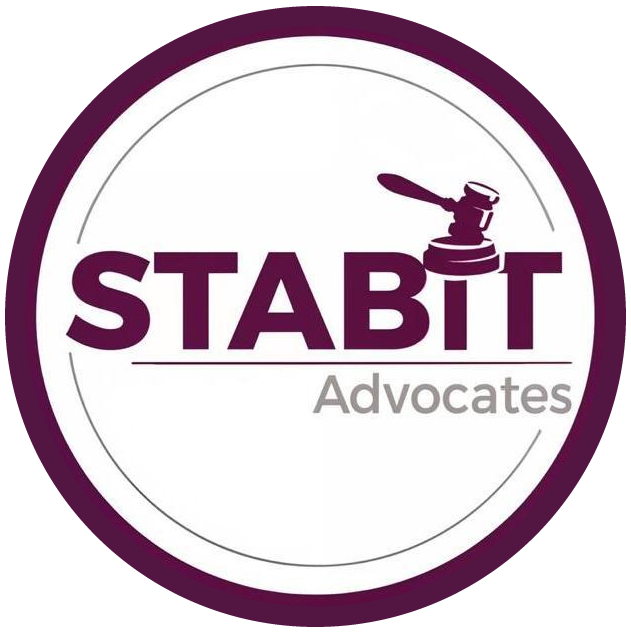The Remote Work Revolution: Navigating the Legal Landscape of the New Corporate Reality. A stabit…

Investing in Rwanda’s Infrastructure Sector: A Legal Perspective
September 17, 2024 10:01 am
Stabit Advocates is honored to present this detailed legal analysis on the investment opportunities within Rwanda’s infrastructure sector. This guide aims to equip potential investors with a comprehensive understanding of the legal framework, regulatory environment, and the vast opportunities available in this critical sector.
Legal Framework
The infrastructure sector in Rwanda is governed by a robust legal and regulatory framework designed to foster sustainable development and attract foreign investment. Key legislation includes the Investment Code (Law No. 006/2021 of 5 February 2021) and the Public-Private Partnership (PPP) Law (Law No. 14/2016 of 02/05/2016). These laws provide a transparent process for investment, ensuring compliance with national standards and offering various incentives to investors.
Licensing and Permits
Investors seeking to engage in infrastructure projects in Rwanda must obtain the necessary licenses and permits. The Rwanda Development Board (RDB) is the primary regulatory authority responsible for facilitating these processes. The types of permits and licenses required may vary depending on the nature and scope of the project, including:
- Construction Permit: Required for any construction activities, ensuring compliance with building codes and safety standards.
- Environmental Impact Assessment (EIA) Certificate: Mandatory for projects that may have significant environmental impacts, overseen by the Rwanda Environment Management Authority (REMA).
- Operational License: Necessary for the operation of infrastructure facilities, ensuring adherence to sector-specific regulations.
Environmental Compliance
Environmental sustainability is a cornerstone of Rwanda’s infrastructure development strategy. Investors are required to conduct Environmental Impact Assessments (EIAs) and obtain EIA Certificates before commencing any project. REMA oversees this process to ensure that infrastructure projects do not adversely affect the environment.
Investment Incentives
Rwanda offers a range of fiscal and non-fiscal incentives to attract investment in the infrastructure sector. These incentives include:
- Fiscal Incentives:
- Accelerated depreciation of assets at 50% for the first year.
- Exemption from import duties on machinery and raw materials.
- Value-added tax (VAT) refund on construction materials.
- Capital gains tax exemption.
- Preferential corporate income tax rate for specific infrastructure projects.
- Non-Fiscal Incentives:
- Facilitation with obtaining visas and work permits.
- Provision of notary services by the RDB’s One Stop Center.
- Assignment of a Key Account Manager to assist with project registration and implementation.
Investment Opportunities
The infrastructure sector in Rwanda presents numerous investment opportunities across various sub-sectors. Key opportunities include:
- Transport Infrastructure: Investment in road construction, rehabilitation, and maintenance. The government has prioritized upgrading unpaved national roads to paved standards and constructing urban roads in Kigali and secondary cities.
- Energy Infrastructure: Opportunities to invest in power generation, transmission, and distribution projects. Rwanda aims to increase its electricity access rate and diversify its energy sources.
- Water and Sanitation: Investment in water supply and sanitation projects, including the construction and rehabilitation of water distribution networks and wastewater treatment facilities.
- Housing and Urban Development: Development of affordable housing projects and urban infrastructure, including the construction of residential and commercial properties.
- Industrial Parks: Establishment and development of industrial parks to support manufacturing and other industrial activities.
Conclusion
Rwanda’s infrastructure sector is poised for significant growth, driven by a supportive legal framework, attractive investment incentives, and a commitment to sustainable development. Stabit Advocates is dedicated to providing comprehensive legal support to investors seeking to capitalize on these opportunities.
If you love our article on “Investing in Rwanda’s Infrastructure Sector: A Legal Perspective,” check back here for more legal news
Contact Information
Stabit Advocates
Website: www.stabitadvocates.com
Email: info@stabitadvocates.com
Phone: +250 789 366 274
For more information or to discuss your case, please contact us at www.stabitadvocates.com.
This guide is intended to provide general information and does not constitute legal advice. For specific legal advice tailored to your situation, please consult with a qualified attorney at Stabit Advocates.




This Post Has 0 Comments